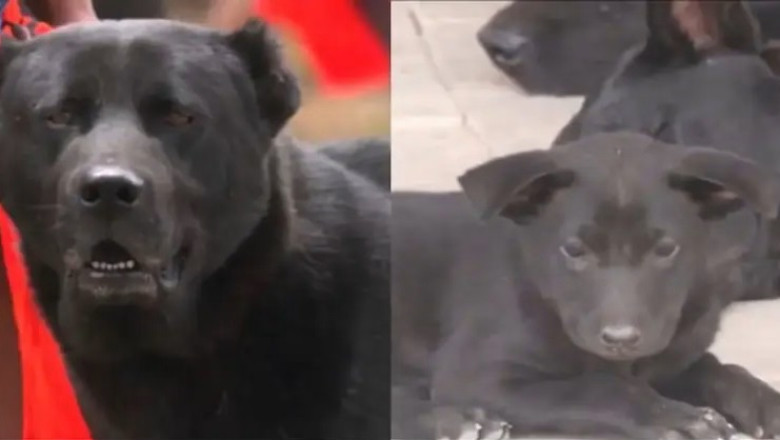
views
Haofa: The Indigenous Guardian of Tangkhul Heritage
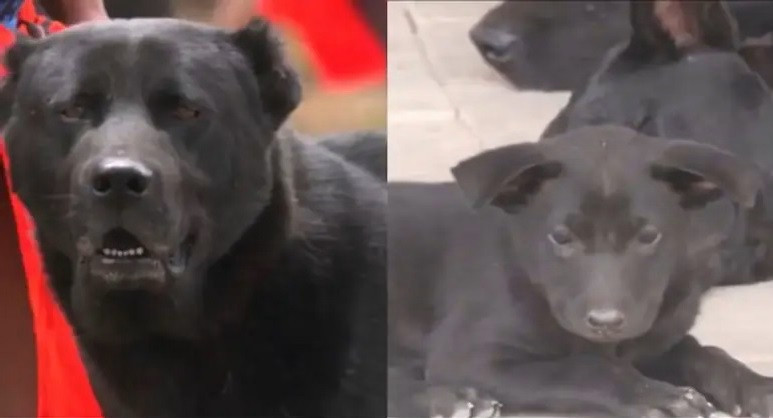
In the misty hills of Ukhrul district in Manipur, India, lives a remarkable canine breed that has long been a silent yet powerful symbol of cultural pride and resilience—the Haofa. Indigenous to the Tangkhul Naga community, the Haofa is more than just a dog. It is a living embodiment of tradition, loyalty, and survival instincts honed over generations.
A Legacy Rooted in the Hills
Historically, Haofa dogs were indispensable companions to Tangkhul hunters. Each dog was given a unique name and trained meticulously to suit the terrain and hunting style of its master. Their sharp instincts, keen sense of smell, and unwavering loyalty made them ideal partners in the dense forests and rugged landscapes of the region.
Among the Tangkhuls, two distinct types of Haofa are recognized. The smaller breed is agile and adept at hunting small game, while the larger variant—often described as bear-like—boasts a short bluish-black coat, a long muzzle, and broad jaws. This robust version of the Haofa is particularly revered for its strength and imposing presence, making it an excellent guard dog.
A Breed on the Brink
Despite its historical significance and unique traits, the Haofa faces an uncertain future. The population of purebred Haofa dogs has been steadily declining, largely due to crossbreeding and lack of formal recognition. Today, finding a Haofa of original lineage is rare, and the breed teeters on the edge of obscurity.
However, hope persists in Phungcham village of Ukhrul district, where a group of passionate breeders and dog lovers have taken it upon themselves to preserve the genetic purity of the Haofa. These guardians of tradition are not merely raising dogs—they are safeguarding a legacy.
Tenno, President of the Phungcham Haofa Lover Association, emphasizes the breed’s uniqueness:
“Haofa is an indigenous canine breed of the Tangkhul community. It is found only in this region and nowhere else. Haofa is considered both a guard dog and an excellent hunting dog. Its strong sense of smell makes it highly sought-after.”
Rising Recognition and Renewed Interest
In recent years, interest in the Haofa has begun to grow beyond the borders of Ukhrul. The Assam Rifles, one of India’s oldest paramilitary forces, has started procuring Haofa dogs for their Dog Training Centre in Jorhat, Assam. This move signals a recognition of the breed’s exceptional capabilities, particularly in scent detection and loyalty—traits highly valued in security and service roles.
Yangpen Yangya, a dog enthusiast from Manipur, echoes this sentiment:
“This dog is very good for us. It can even serve in the country's security forces. Its sense of smell is excellent. It can be used in cities like Delhi and Mumbai. It's extremely loyal to its master and is also great for providing security to children and the elderly.”
Such endorsements have sparked a wave of interest among breeders, researchers, and animal lovers across the country. The Haofa is no longer just a regional treasure—it is emerging as a national asset.
Scientific Validation and Cultural Preservation
Recognizing the need for formal documentation and preservation, a team from the Department of Animal Sciences, College of Agriculture, Imphal, recently visited Phungcham village. Their mission was to assess the breed and compile data for national-level recognition. The findings were submitted to the National Bureau of Animal Genetic Resources (NBAGR) in Haryana, marking a significant step toward securing the Haofa’s place in India’s official registry of indigenous breeds.
This initiative is not just about protecting a dog breed—it’s about preserving biodiversity, cultural identity, and indigenous knowledge systems. The revival of the Haofa reflects a broader movement to honor and protect the heritage of tribal communities, whose traditions are often overshadowed in mainstream narratives.
More Than a Dog: A Cultural Emblem
For the Tangkhul community, the Haofa is deeply woven into the fabric of daily life and folklore. It is a symbol of loyalty, courage, and connection to the land. Its presence in households is not merely functional—it is emotional and spiritual. The Haofa guards not just homes, but memories and values passed down through generations.
As modernity encroaches upon traditional ways of life, the Haofa stands as a resilient reminder of the past. Its story is one of survival, adaptation, and the enduring bond between humans and animals.
Looking Ahead
The journey to revive and protect the Haofa is far from over. It requires continued support from government agencies, researchers, and dog lovers nationwide. Awareness campaigns, breeding programs, and educational initiatives can play a crucial role in ensuring that this indigenous breed does not vanish into obscurity.
In a world increasingly dominated by imported dog breeds and commercial breeding practices, the Haofa offers a refreshing counter-narrative—one that celebrates local wisdom, ecological balance, and cultural pride.
As the Tangkhul community and their allies rally to protect this remarkable breed, the Haofa may yet find its rightful place—not just in the hills of Ukhrul, but in the hearts of dog lovers across the country.











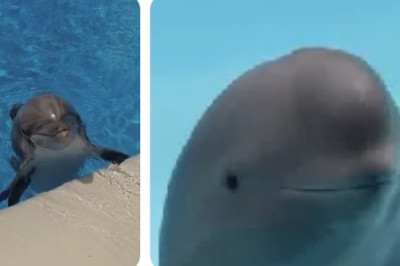
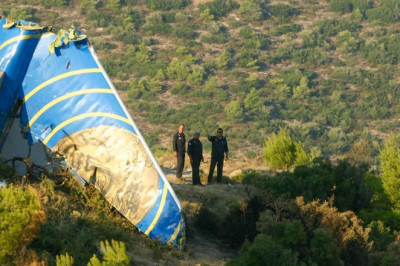
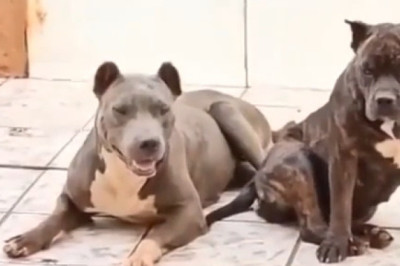
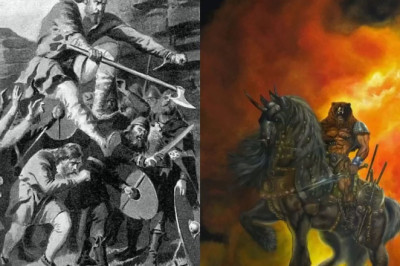
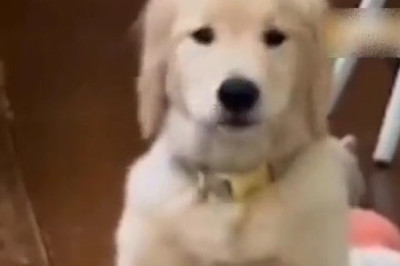
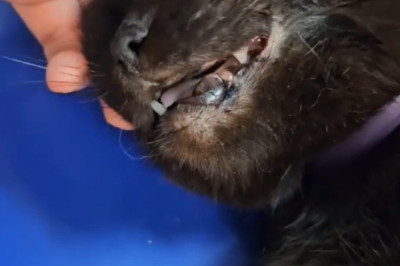
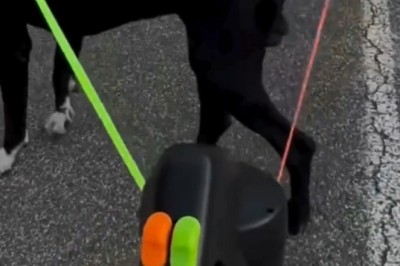


Comments
0 comment